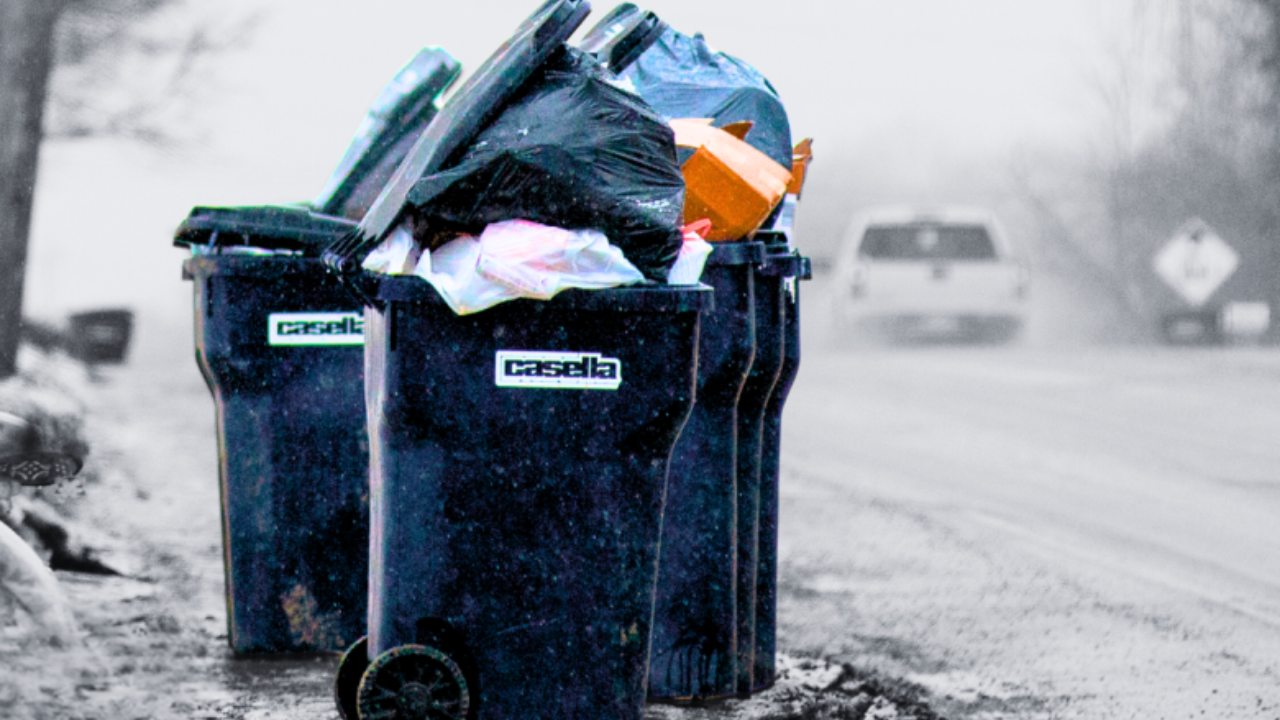Residents in several towns in Penobscot County, Maine, are deeply disturbed after finding human waste being dumped in curbside trash bags.
These shocking discoveries have left many people concerned about public health, cleanliness, and proper waste management.
In recent weeks, multiple waste disposal workers and local officials reported finding trash bags filled with human feces.
This is not only illegal but also dangerous, especially for the workers who handle these bags during weekly pickups. People have also complained about the foul smell spreading through neighborhoods due to the unsanitary garbage.
In rural areas like Hermon, Lebanon, and parts of Glenburn, the problem seems to be getting worse. Hermon’s town manager, Angie Robinson, said that the issue has become more frequent and troubling. She confirmed that waste haulers are noticing a rise in such incidents and are warning town officials.
Some believe that this may be linked to individuals living in RVs or temporary shelters who do not have access to working restrooms. These individuals might be dumping their toilet waste in regular trash bags, which is strictly against safety and sanitation rules. Still, officials say there’s no excuse for this behavior, and it puts the whole community at risk.
Many towns, including Hermon and Levant, are now in talks with their waste contractors to find solutions. In some places, waste workers are refusing to pick up bags from homes where such incidents are suspected, leaving piles of trash unattended.
Residents are now being urged to report any suspicious trash behavior. Officials are also reminding everyone that dumping human waste in curbside trash is a serious health hazard and could lead to penalties or legal action.
Local authorities are discussing better enforcement and public awareness to tackle this issue. Health officials are especially worried as exposure to human waste can spread diseases and pose major hygiene problems, especially during the warmer months.
For now, towns are depending on community cooperation to help identify the source of the problem and stop it from spreading further.






